The longest tank kill record set by the British Challenger tank in 1991 during the Gulf war is still holding, even almost 30 years later, despite new wars and new technologies.
One thing that is undeniably “British” is the love of a good underdog story, and British military history is filled with examples of just that. The Harrier in the Falklands. The Swordfish bomber attacked Taranto harbor. The evacuation of Dunkirk. That’s to name but a few. In 1991 on the eve of the ground war to liberate Kuwait and destroy Iraq’s mighty army, one underdog was undoubtedly the British Challenger tank.
British Challenger Tank
221 Challenger tanks were eventually deployed to Saudia Arabia to liberate Kuwait and operated under the guise of the 1st (UK) Armoured Division supporting the US Army’s VII Corps. As the tanks deployed, there were worried muffles in the Ministry of Defence and amongst military analysts about how well they would perform primarily in the face of Iraqi armored forces who were superior in number and had extensive tank vs. tank combat experience following the Iran-Iraq War.
The reason for this is that the Challenger had developed quite an unenviable reputation in the 1990s. In service, it displayed low reliability, which was the source of much frustration amongst crews and commanders. Even worse, however, was the stigma of having finished last in the prestigious Canadian Army Trophy tank competition held in West Germany in 1987 against tanks and crews from all over NATO. Despite the MoD highlighting several critical factors for this poor performance, the stigma remained, and so when the Challenger deployed to the Gulf, it had a lot to prove.
Prove itself it did. During the 100-hour ground war, the Challenger had reversed its reliability problems entirely and achieved an enviable serviceability record, a testament to the hard work and dedication of the support crews who keep these vehicles going. In combat, it was superior to anything it came up against. By the end of the three-day, offensive Challengers accounted for some 200 Iraqi tanks destroyed or captured, along with numerous armored and ‘soft’ vehicles.
The longest confirmed tank kills in history
During the offensive one, Challenger finally laid to rest the doubts anyone had over the capability of the type with a single shot. That shot was made over a staggering range of 5,100m (3 miles) with a Depleted Uranium (DU) round – the longest confirmed tank kill in history.
On 26 February 1991, a British Challenger tank in a head-to-head battle achieved the longest range confirmed kill of the war. Challenger destroyed an Iraqi tank with an armor-piercing fin-stabilized discarding-sabot (APFSDS) round fired over 4,700 meters (2.9 mi)—the longest tank-on-tank kill shot recorded.
The Minister of State for the Armed Forces, Ian Stewart, said after the poor showing of the Challenger at the Canadian Army Trophy in 1987;
I do not believe that the performance of tanks in the artificial circumstances of a competition, such as the recent Canadian Army Trophy, is a proper indication of their capability in war.
Less than four years later, he was proven right when Challenger made the longest tank kill in history.
The longest tank kill was also the longest tank-to-tank kill in history. Before that, one was an Elefant of Schweren-Heeres-Panzerjäger-Kompanie 614 (formerly 2./653), which was reported to have knocked out a T-34 at 4500m in autumn 1944. It seems pretty incredible that even today, with modern sighting/ range-finding equipment, ammunition, and weapons, an unguided projectile can hit a target the size of a tank at over 5 km; that was one hell of a lucky shot.
British Challenger 2 Tank
Today, the United Kingdom has a new state-of-art tank. Challenger 2 is the successor of the famous Challenger tank. The tank designation is the FV4034 Challenger 2 (MOD designation “CR2”). Challenger 2 is a third-generation British main battle tank (MBT). The tank is currently in service with the United Kingdom and Oman armies. It was designed and built by Vickers Defence Systems (now known as BAE Systems Land & Armaments).
Production began in 1993, and the Challenger 2 tanks were delivered in July 1994, replacing the Challenger 1. The tank entered service with the British Army in 1998, with the last produced in 2002. It is expected to remain in service until 2035. It is considered one of the best tanks in the world.



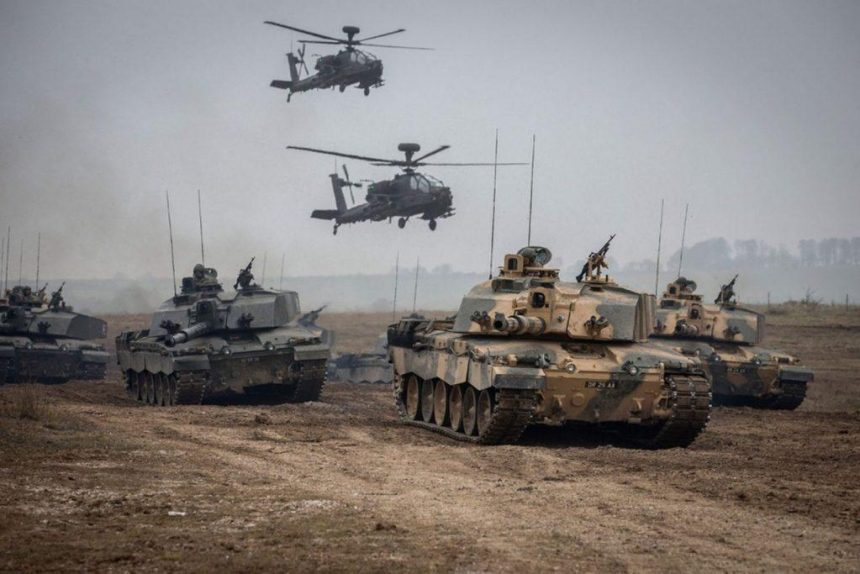
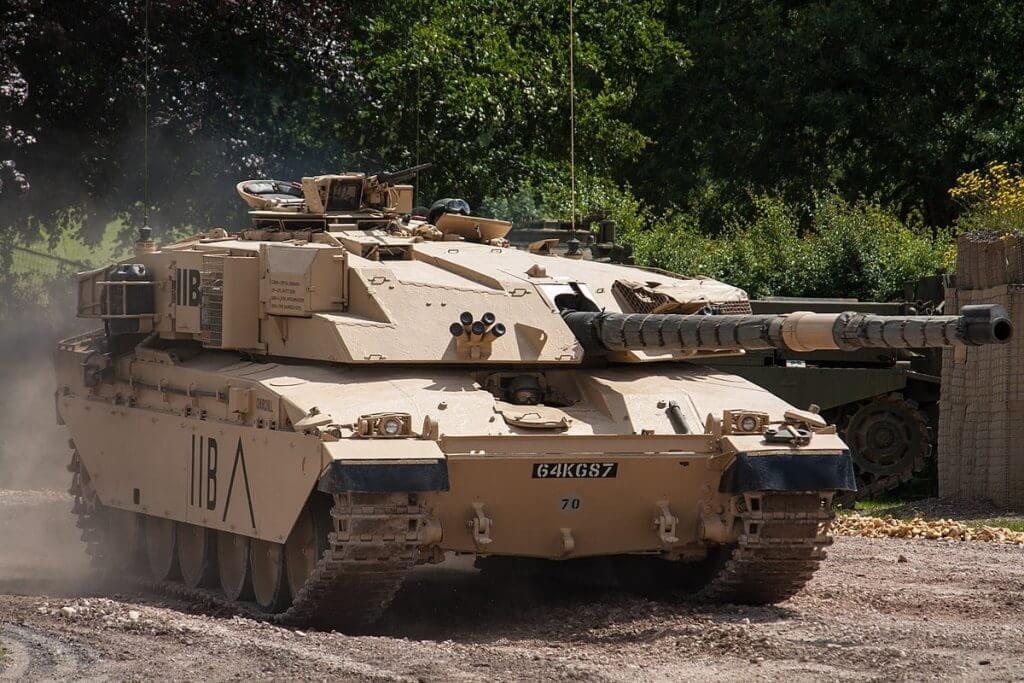
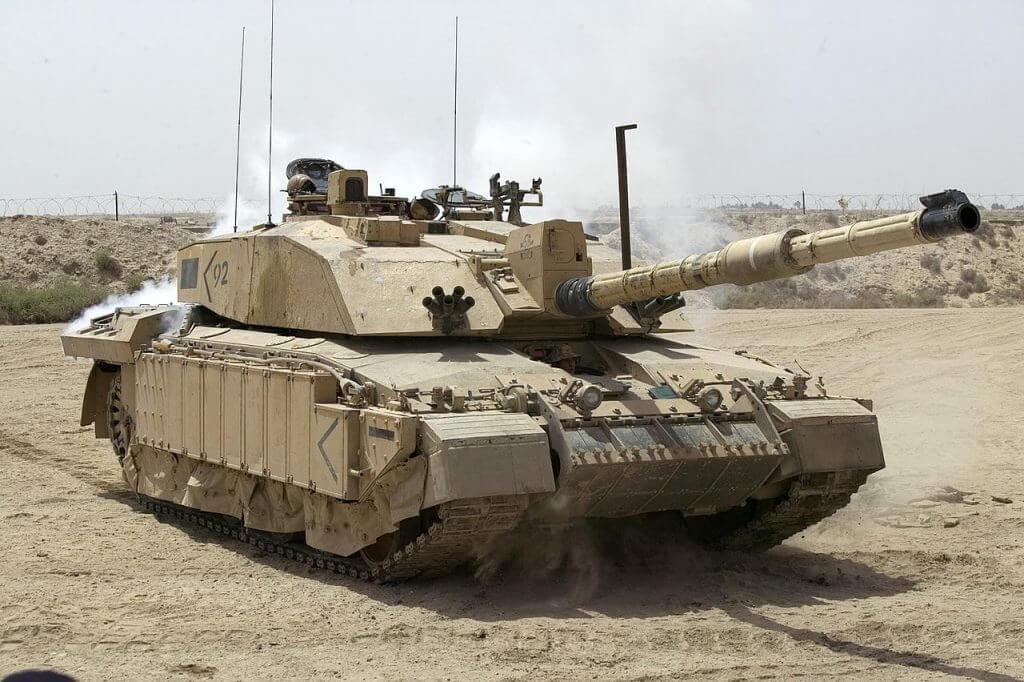
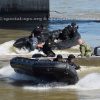
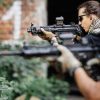
Korean War: UK tank took the record for extreme range kill.
I can’t find any info .
Help; anyone?
Centurion Tanks very successful but no record of longest kill in Korean War.